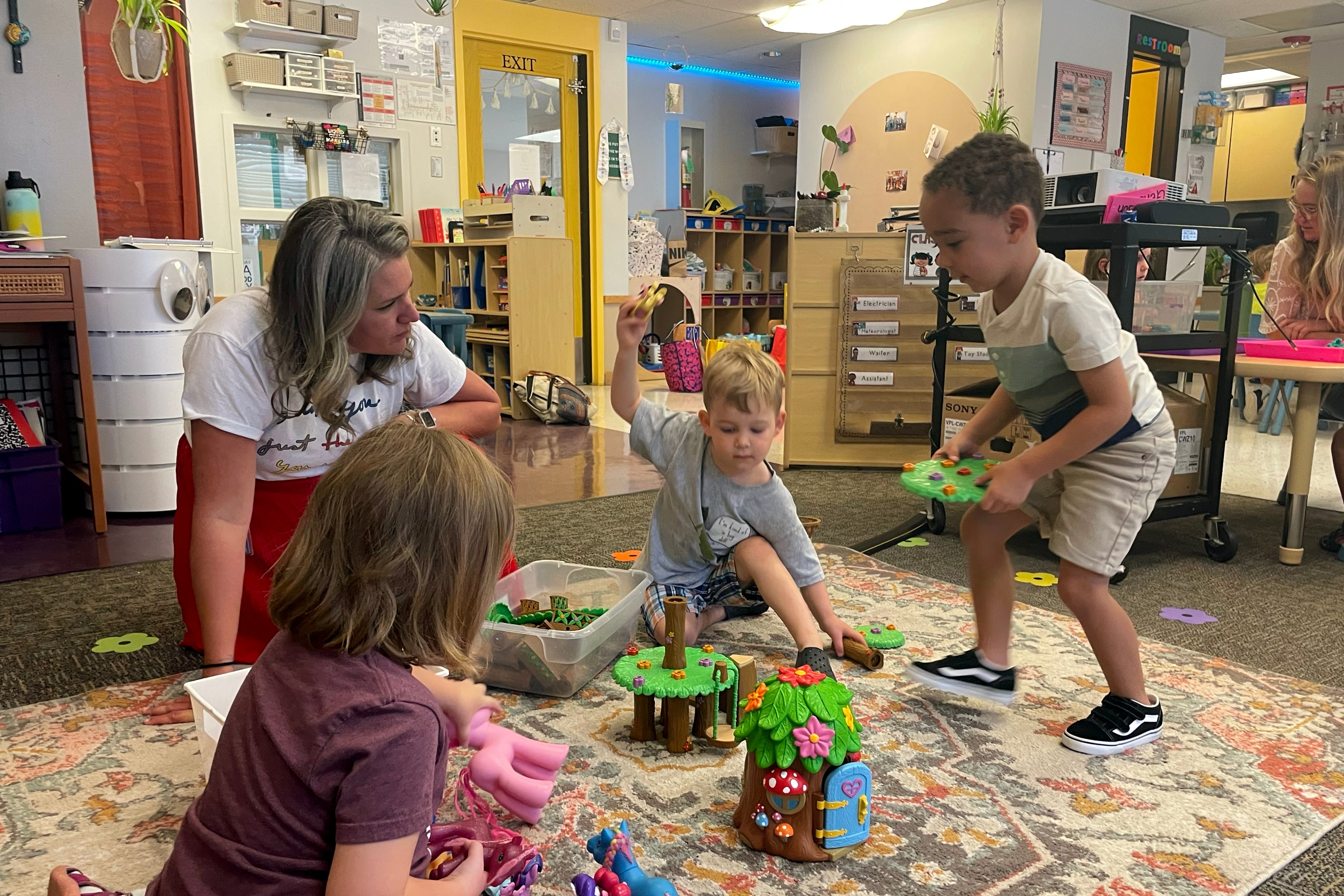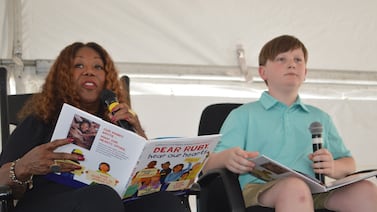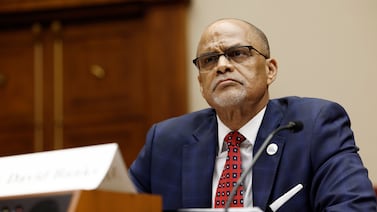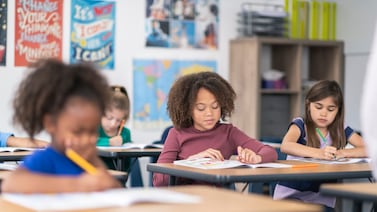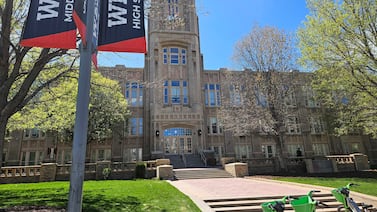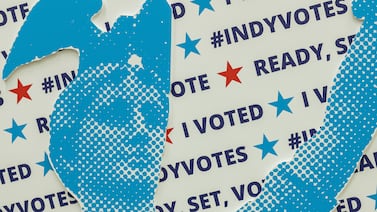Should Colorado be allowed to keep $23.7 million raised through a state nicotine tax to help fund preschool? Or should that money be refunded to sellers of nicotine products?
That’s the gist of Proposition II (pronounced “eye-eye”), one of two statewide ballot issues voters will consider this election season. If voters approve the measure, the money will go toward the state’s new universal preschool program.
The preschool program began this fall and serves 38,000 4-year-olds and 9,000 3-year-olds with 10 to 30 hours a week of tuition-free class time. While the program has proven popular with families, its rollout has been rocky at times.
In July, thousands of families who expected tuition-free full-day preschool found out their children would get less because the state didn’t have enough money. In August, school district officials sued over the program, claiming the state is harming students with disabilities and breaking funding promises to families and schools.
Some of the $23.7 million up for grabs through the ballot measure could help solve these problems, though there’s not enough to address all of them.
Here’s a closer look at Proposition II.
Will Prop II raise taxes?
No. It simply allows the state to keep $23.7 million raised through a nicotine tax Colorado voters approved in 2020. Because the tax raised more money than originally predicted, the state is required by the Taxpayers Bill of Rights, commonly called TABOR, to ask voters if it can keep the extra revenue generated.
If voters say yes, the state will get to keep any excess revenue in future years as well.
Voters easily approved a similar measure in 2015 that allowed the state to keep extra marijuana tax revenue.
If voters reject Prop II, the $23.7 million would be refunded to wholesalers and distributors of nicotine and tobacco products, and the tax rate on nicotine products will go down by 11.5%.
How would Prop II money be used?
If voters approve Prop II, the money will go toward Colorado’s $322 million universal preschool program — the same place most of the nicotine tax money from the 2020 ballot measure is already going.
Leaders of the campaign backing Prop II say the additional $23.7 million will help pay for half-day preschool spots next year, as well as for full-day preschool for some children with risk factors. Such children include 4-year-olds who come from lower-income families, English learners, students with special education plans, and those who are homeless or are in the foster care system.
Who supports Prop II and who opposes it?
Dozens of elected officials, community leaders, and organizations support Prop II, according to leaders of “Preschool for all Coloradans,” a campaign backing the ballot measure. Supporters include Children’s Hospital Colorado, the American Lung Association, Colorado Children’s Campaign, Colorado PTA, Great Education Colorado, and Executives Partnering to Invest in Children.
So far, there’s no organized opposition to Prop II.
Ann Schimke is a senior reporter at Chalkbeat, covering early childhood issues and early literacy. Contact Ann at aschimke@chalkbeat.org


